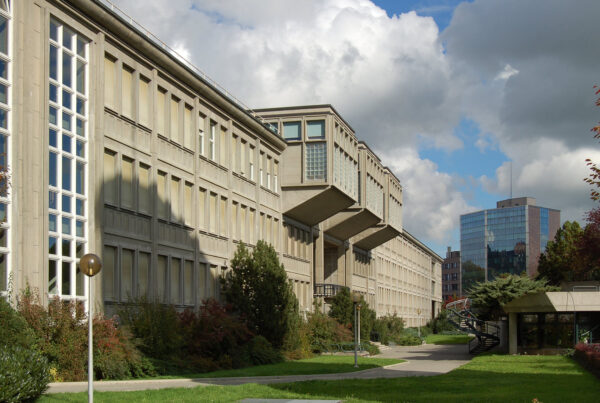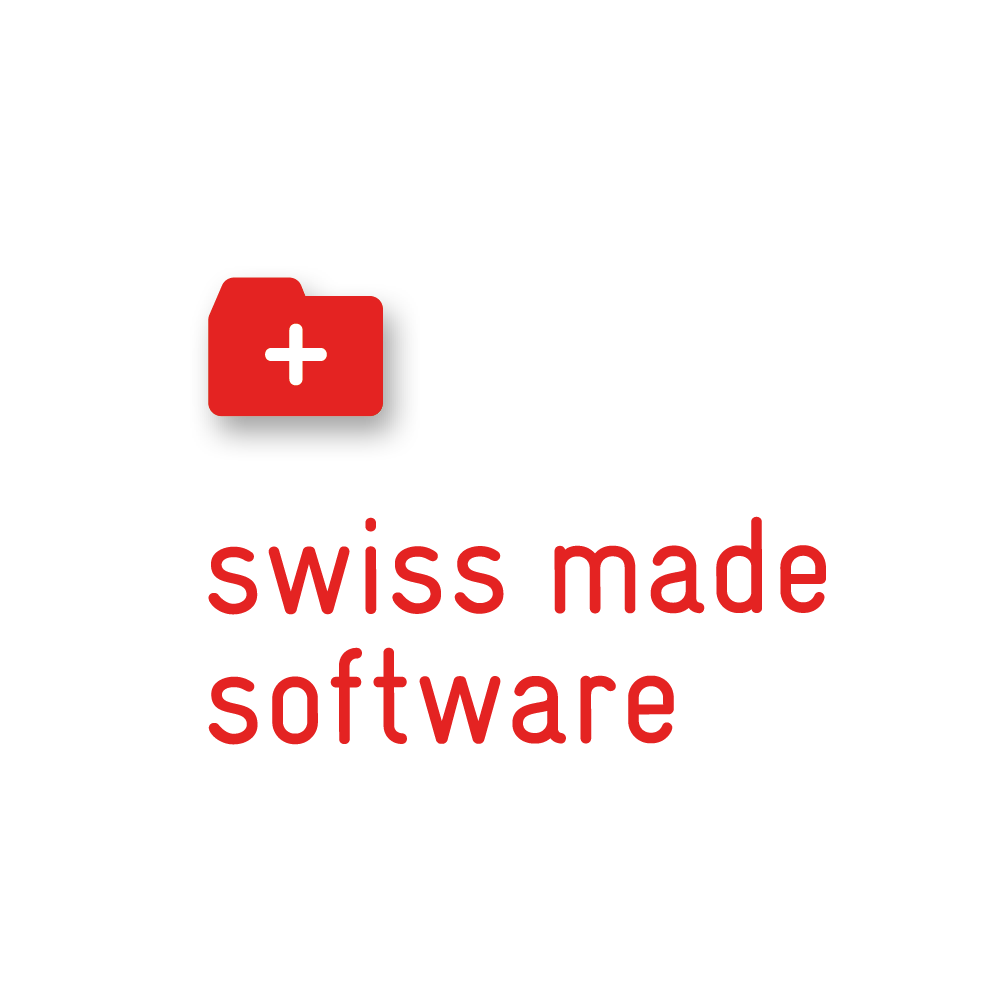No sector escapes the impact of digital technologies. This inevitable evolution towards more connectivity, more efficient services and a better efficiency of internal processes,to name a few, implies a necessary transformation.Whether they are private or public, our customers have all understood the need for change. But their digitalization processes sometimes are confronted with regulatory constraints and specificities linked to their ecosystem.These specificities can be obstacles to innovation. They therefore require more agility. The goal? To bring more flexibility in project management processes in order to avoid the “tunnel effect” induced by a classical management which multiplies risks and errors.
At Softcom, agility is a requirement. This concept has been proven in the IT industry for more than thirty years and allows us to adapt the organization of the project and to make it evolve according to the needs of the customers.It is a process of continuous improvement that allows you to anticipate – and react quickly to – any problems that may arise. Agility requires the building of trust among project stakeholders and the continuously questioning processes and their improvement.This is Softcom’s mission: to accompany our customers in this digital transition to get the best out of it.
But how can we do this?







